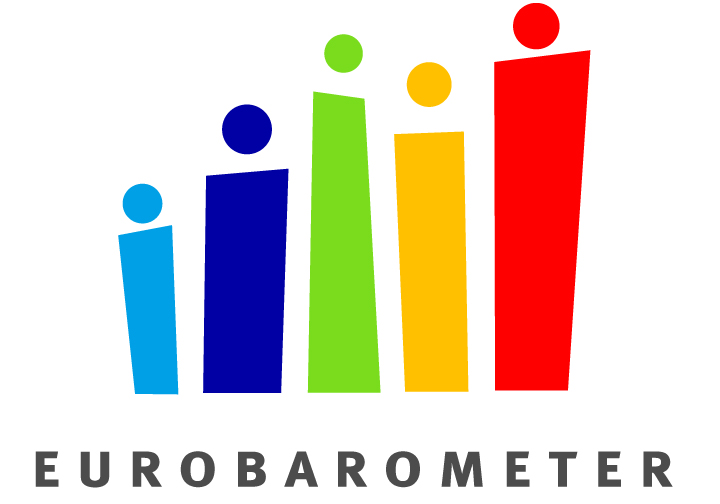The European Parliament has recently published some data about inequality in Spain. Spanish data have been compared to EU27 average data:
Which gender inequalities are getting worse because of the crisis?
- Obstacles for women when trying to combine their professional and personal lifes: SPAIN 36% / EU27 30%
- Salary differences between women and men and its impact in women's professional development: SPAIN 37% / EU27 30%
- The low percentage of women in decision-making positions in the economy: SPAIN 23% / EU27 22%
- The unequal distribution of family responsabilities and household between women and men: SPAIN 21% / EU27 20%
- The persistence of gender stereotypes: SPAIN 15% / EU27 11%
Which aspects are employers taking into account when hiring women compared to the criteria used when selecting men?
- The fact that the candidate has children: SPAIN 45% / EU27 49%
- Flexibility in terms of working hours: SPAIN 24% / EU27 35%
- The appearance: SPAIN 26% / EU27 33%
- The age: SPAIN 22% / EU27 23%
- The level of academic qualification: SPAIN 32% / EU27 32%
- The availability to move: SPAIN 25% / EU27 21%
- The professional experience: SPAIN 26% / EU27 20%
- The knowledge of languages: SPAIN 26% / EU27 14%
- Computer knowledges: SPAIN 8% / EU27 10%
How to overcome the crisis? Which are the most effective measures to increase employment?
- To offer training to the employees by the employer: SPAIN - very effective / EU27 - very effective
- To reduce the cost of the access to childcare centres: SPAIN - very effective / EU27 - very effective
- To increase the availability of childcare centres: SPAIN - very effective / EU27 - very effective
- To support the creation of new businesses (with measures such as microcredits): SPAIN - very effective / EU27 - vey effective
- To facilitate workers' mobility: SPAIN effective / EU27 - effective


